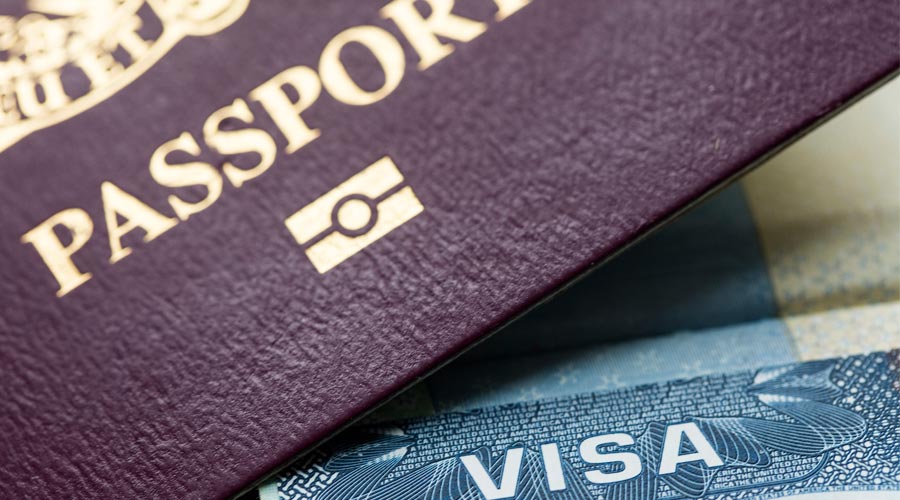More than 18 million people born in India live abroad, making the country the world’s biggest source of emigration by far. Yet, as India rightly celebrates its massive diaspora through the annual Pravasi Bharatiya Divas, which concluded in Indore yesterday, it is also important to take stock of the reasons why millions of its citizens are choosing to build a future in other nations. Unlike Mexico, which has the world’s second-largest emigrant population that is largely concentrated in the United States of America, people of Indian origin are spread across the world. The Gulf nations are home to more than eight million non-resident Indians. The US, the United Kingdom, Canada and Australia have large and growing populations of people who have given up their Indian passports or are looking to do so. Meanwhile, East Africa, the Caribbean, Malaysia and Fiji have large populations of Indian origin, descended from indentured labourers taken from India by former colonial powers. This rich mix makes the Indian diaspora a reflection of the old and the new, white collar and blue collar, past and present all at once. But what does the future hold? The Indian diaspora is increasingly successful in different countries. Indians are the wealthiest ethnic group in the US. The prime ministers of the UK, Portugal, Ireland and Mauritius and the presidents of Guyana, Suriname and Indonesia — spanning four continents — all have Indian roots. Others, such as the US, have Indian-origin vice-presidents.
The greatly influential Indian diaspora has often served as an important bridge that gives New Delhi economic and geopolitical advantages. For instance, it played a vital lobbying role in sealing the 2008 nuclear deal between the US and India. The popularity of the prime minister, Narendra Modi, among large sections of Indian expatriates gives his government leverage with foreign counterparts. But there are also reasons for serious worry. More than 100,000 Indians give up their citizenship each year — the figure crossed 183,000 in the first 10 months of 2022. The global consulting firm, Henley and Partners, estimated that 8,000 Indian dollar millionaires left the country for good last year. Wealthy Indians are also taking their money for investments abroad at record rates. That speaks to their relative lack of confidence in the Indian economy, while denying the country valuable taxes. It is important to ask the diaspora to do more for India. But it is even more important to ask why they felt the need to leave in the first place.











